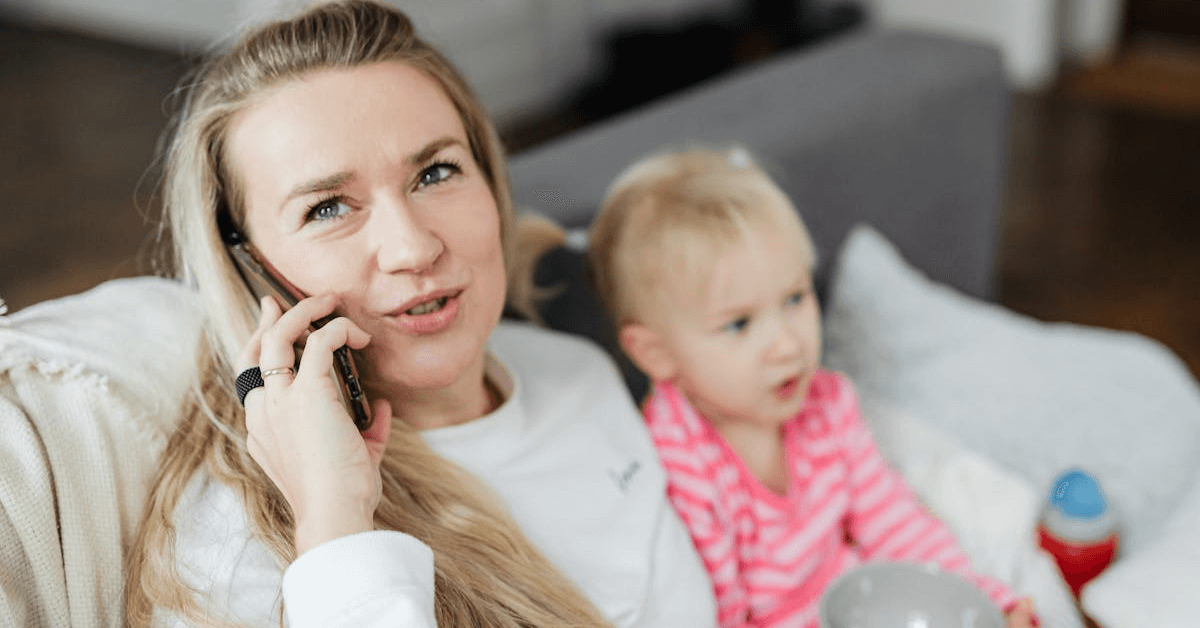Parenting After Separation
Parenting after separation involves creating a stable and supportive environment for your children while managing the challenges of co-parenting with your ex-partner. It involves coordinating schedules, sharing responsibilities and making joint decisions about the child’s health, education, and overall well-being.
It requires open communication, consistency, and focusing on the child’s best interests to help them adjust to the changes.
Whether you share joint custody or have a specific arrangement, the goal is to maintain a strong and positive relationship with your children.
Effective co-parenting can help children feel secure and loved, minimising the impact of separation on their emotional health.
Key Takeaway:
Successful co-parenting after separation focuses on cooperation and communication to provide stability and support for your children.
1 – Developing a Parenting Plan
A parenting plan is a written agreement between separated parents outlining how they will share responsibilities and make decisions about their children’s upbringing. It covers key areas such as living arrangements, visitation schedules, holidays, special occasions, and guidelines for communication and conflict resolution.
A well-crafted parenting plan can reduce misunderstandings and provide clarity and consistency for both parents and children.
Key Takeaway:
A clear and comprehensive parenting plan can help reduce conflict and ensure consistency in raising your children after separation.
2 – Maintaining Open Communication
Clear and respectful communication between separated parents is fundamental to successful co-parenting.
This includes discussing important matters related to your children, such as their education, health, and activities.
It’s helpful to use a method that works best for both parties, whether through email, text, or a co-parenting app.
Remember to keep the focus on the children and avoid using communication as a way to revisit past conflicts or disagreements.
Key Takeaway:
Open, respectful communication helps manage parenting responsibilities and reduces conflict, ensuring a better environment for your children.
3 – Managing Conflicts Constructively
Disagreements are natural, especially in the context of separation.
The key is to manage conflicts constructively without involving the children. Use strategies like active listening, remaining calm, and focusing on finding solutions rather than assigning blame.
Consider seeking mediation or counselling if conflicts become difficult to resolve. Keeping disputes away from your children helps maintain their security and stability.
Key Takeaway:
Resolving conflicts constructively without involving children helps maintain a stable and supportive environment for them.
4 – Supporting Children Through the Transition
Children can feel various emotions during and after their parents’ separation. It is important to reassure them of your love and support, validate their feelings, and encourage open dialogue.
Keeping routines consistent, involving them in decisions that affect their lives, and ensuring they have access to both parents can help them adjust to the new situation.
Monitoring their emotional health and seeking professional support can also be beneficial.
Key Takeaway:
Emotional support, consistency, and reassurance can help children adjust to the changes following a separation.
5 – Attending Parenting After Separation Programs
Many community organisations offer parenting after separation programs, providing guidance, resources, and support for parents navigating the complexities of co-parenting.
These programs can help you understand the impact of separation on children, improve communication skills, and develop strategies for conflict resolution.
Attending these courses can also connect you with other parents in similar situations, offering a valuable support network.
Key Takeaway:
Parenting after separation programs offer resources and support to help you navigate co-parenting challenges and build a positive environment for your children.
6 – Adjusting to New Parenting Roles
Separation often means adjusting to new parenting roles and responsibilities. It’s important to embrace these changes and remain flexible as you adapt to new routines and dynamics.
Whether taking on new tasks or learning to share responsibilities differently, focusing on what works best for your children is key.
This adjustment period can be challenging, but new routines will become more familiar with time and patience.
Key Takeaway:
Embracing new parenting roles and maintaining flexibility can help create a positive and stable environment for your children post-separation.
Parenting after separation involves a commitment to providing your children with a stable and loving environment while navigating the challenges of co-parenting.
By focusing on cooperation, open communication, and your children’s well-being, you can help them adjust and thrive despite the changes.
Utilising available resources, such as parenting programs, can further support you in building a healthy co-parenting relationship.

